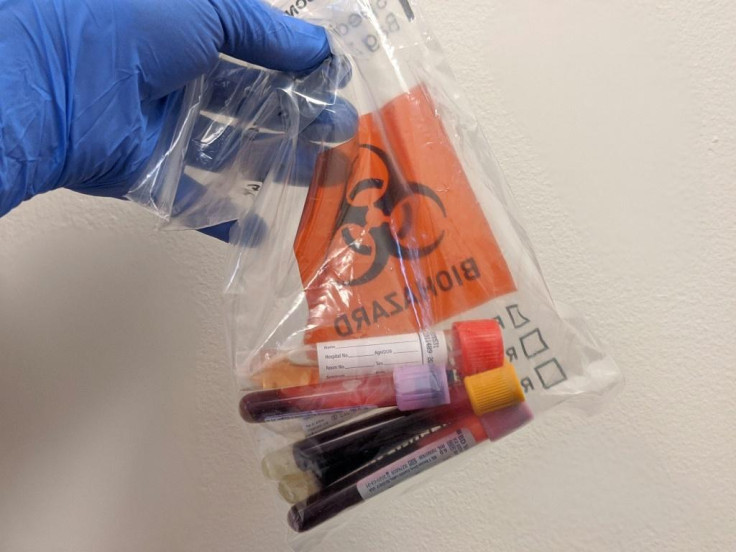COVID-19: New research findings claim people with type O blood more resistant to virus
This potentially groundbreaking study is currently in the hands of 23andMe – a direct-to-consumer genetic testing group based in California.
Midway into the 2019 novel coronavirus pandemic, there have been observations by researchers wherein an individual's blood type seems to affect how likely they are to get COVID-19. As other studies have shifted focus to the nuances of the virus, data collected from genomics experts appear to support what many have speculated. It looks like those who are type O are genetically more resistant to infections from SARS-CoV-2. While the findings are yet to be peer-reviewed, the preliminary results gathered suggest researchers might be onto something.
This potentially groundbreaking study is currently in the hands of 23andMe – a direct-to-consumer genetic testing group based in California. As of now, it is closely working with more than 750,000 volunteers to learn more about the genetic information that makes up the highly infectious virus. Some of the factors being considered are age, sex, co-morbidities, and ethnicity among others, as noted by the Independent.
Based on the results from the trials they have conducted, folks with blood type O are unlikely to get COVID-19 by 14 percent compared to other blood types. Furthermore, the former will not require hospitalisation at a rate of 19 percent in contrast to the rest. Meanwhile, there are purportedly parallel studies wherein those with the aforementioned blood type were not as susceptible as well. On the other hand, people with blood type AB were the highest among those who tested positive.
The biotechnology group is apparently looking for 10,000 participants who have been diagnosed with COVID-19 and hospitalised. More testing needs to be done in order to determine if their suspicions are accurate. A few months ago, 2,173 patients in Zhongnan Hospital at Wuhan University were likewise observed to follow a similar pattern. According to lead researcher Wang Xinghuan, depending on the blood type, proper personal protection and vigilance are the only means of preventing infections.

Nevertheless, it does not matter which blood type someone has, as the World Health Organization (WHO) still encourages people to follow precautionary guidelines. In fact, the CDC recently updated its webpage to include tips on what people should always carry when they step out of the safety of their homes.
© Copyright IBTimes 2024. All rights reserved.





